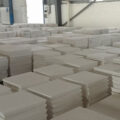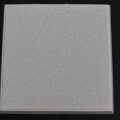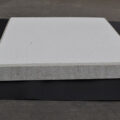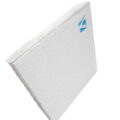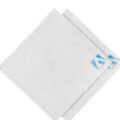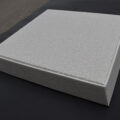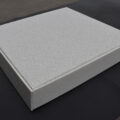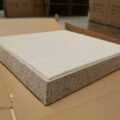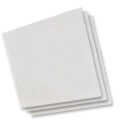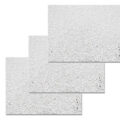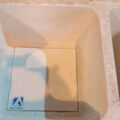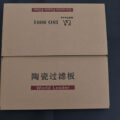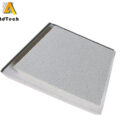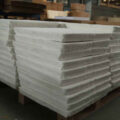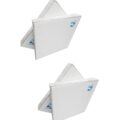There is a sealed ceramic fiber gasket around the metal casting ceramic foam filters. This helps to seal the filter in the filter box to ensure that there is no side flow of molten metal.
Metal casting ceramic foam filters can effectively remove various inclusions in the aluminum water with a fineness of micrometers. The molten aluminum becomes a smooth laminar flow, which is conducive to flushing. It has good mechanical strength and chemical stability, and excellent resistance to aluminum washout. Strictly controlled hole size and through-hole rate can obtain a stable filtering effect.
When using a ceramic foam filter, the pore size of the filter should be determined according to the quality requirements of the casting and the number of inclusions in the molten metal. According to the pouring speed and pouring weight to determine the size of the filter.
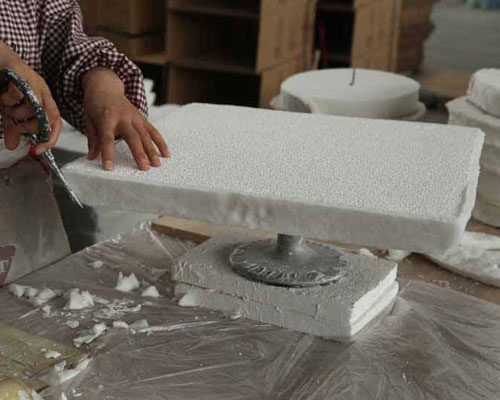
In order to ensure the filtering effect of the filter, the placement of the filter, and the design of the gating system should also follow certain specifications.
The foam ceramic filter for casting is to immerse the polyurethane sponge in the ceramic slurry, extrude the excess part, dry, and finally sintered at high temperature to form a three-dimensional porous ceramic material.
The ceramic foam filter for casting is a kind of zigzag connected pores. It is this uneven tube wall that plays a key role in capturing small inclusions in the aluminum melt. This structure also increases the contact patch between the aluminum melt and the ceramic part of the filter, thereby increasing the possibility of adhesion of inclusion particles.
In the practice of casting production, the filtration efficiency can be used to evaluate the purification effect of the cast foam ceramic filter on the liquid cast alloy.
In the molten metal of the same heat or the same ladle, samples are taken from the top and bottom of each casting to determine the cleanliness of the filtered and unfiltered castings. Use optical microscope and scanning electron microscope to analyze the inclusion gathering area.

